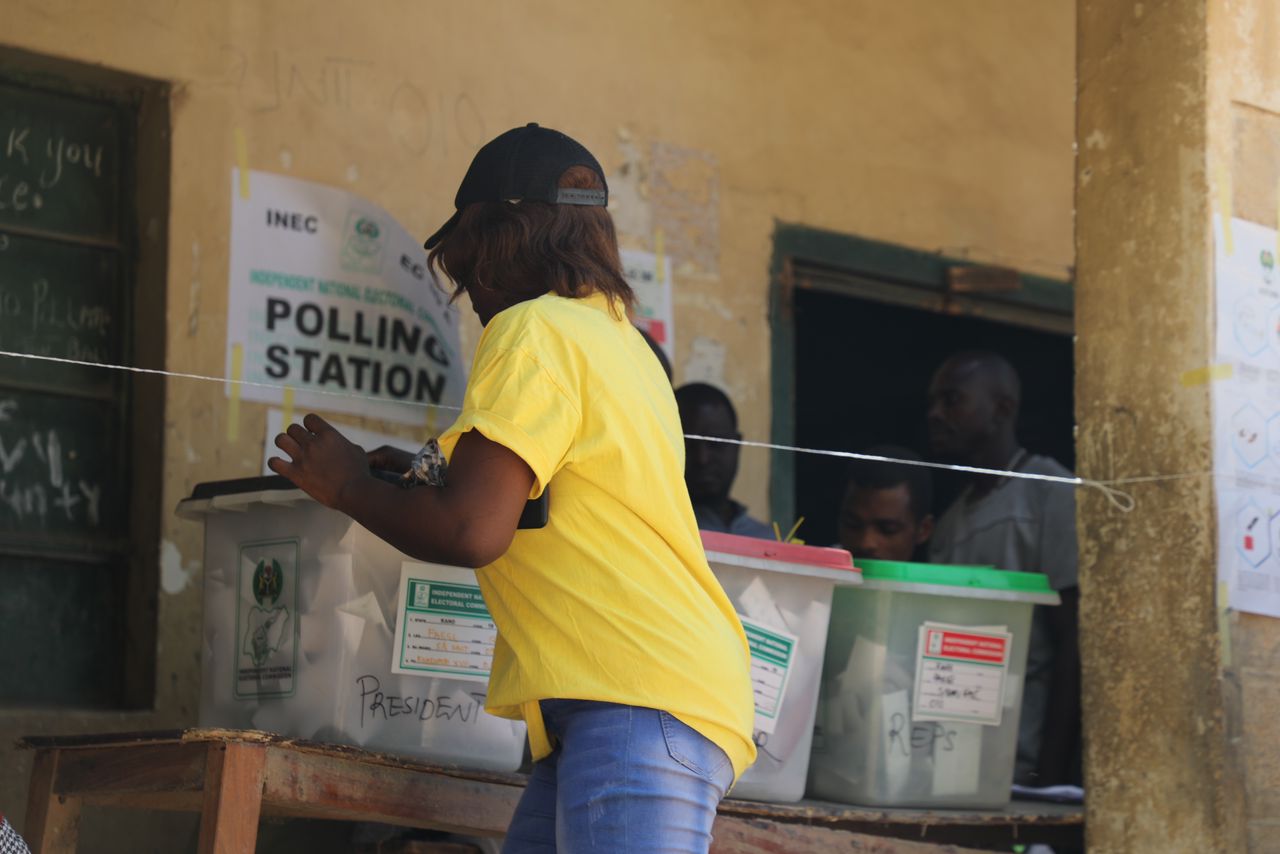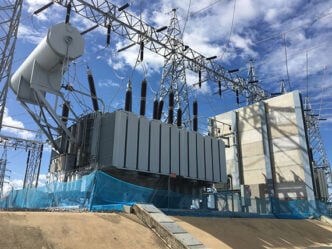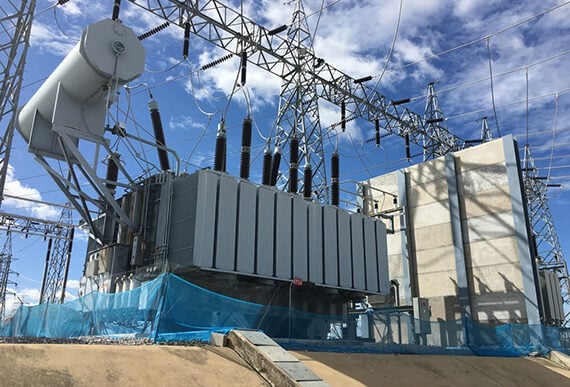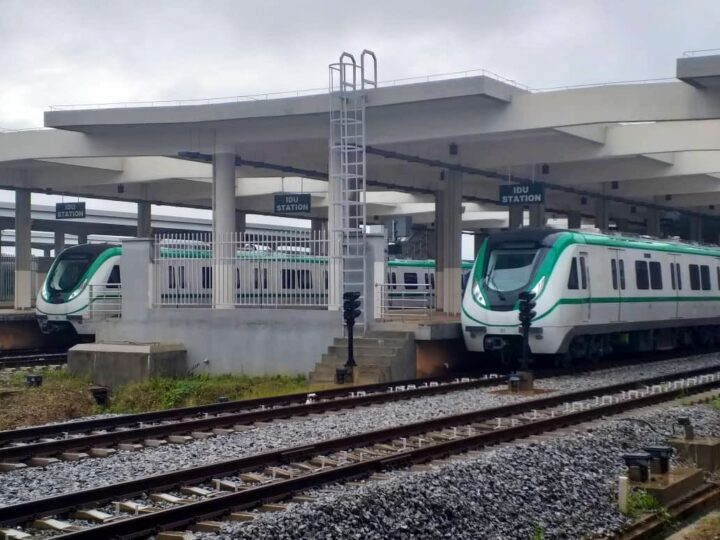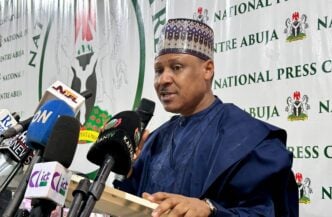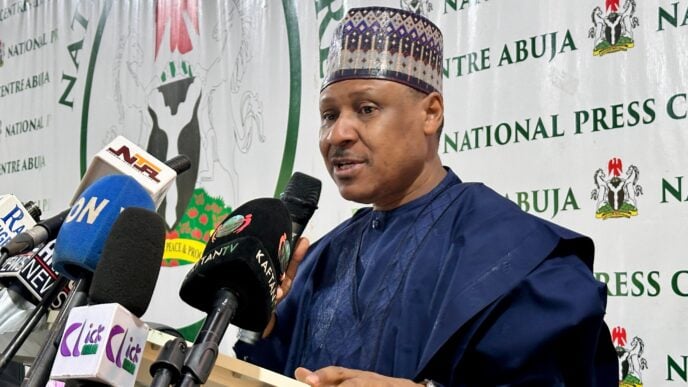In the chequered history of Nigeria post-independence, election and leadership succession periods have proven to be highly contentious and combustible exposing the vulnerabilities of the country and in the process leading to tragic consequences.
The 1964/65 elections which were the first to be conducted by the Independent Nigerian state was marked by heightened political tension leading up to the elections and after which eventually resulted in the January 1966 coup, the counter coup seven months later in July and subsequently the civil war that lasted from 1967 to 1970.
It was not until 1979 that another round of elections was held which ushered in the second republic. These elections too were contentious as the outcome were vehemently contested in the courts, in the public space which subsequently weakened the ruling National Party of Nigeria (NPN) government of President Shehu Usman Shagari. This pushed the government into sustained moral and political crises which led it to commit acts of omission and commission in a desperate bid to maintain its hold in power. And this came to a head in the 1983 elections when the Shagari led NPN administration went overboard and tried to massively rig the elections not just to entrench its hold in power but more importantly to suppress opposition figures and their political parties. But weakened by the moral and political albatross it carried following the scandalous outcome of the 1983 elections, the Shagari government could not generate enough momentum to take off and with its vulnerabilities exposed it was pushed out three months after on new year 1984.
The successive military governments that took over the political space from Major-General Muhammadu Buhari down to General Sani Abacha also faced issues of inclusion as they alienated some of the leading military figures in addition to their illegitimacy.
Advertisement
General Ibrahim Babangida who took over in between the Buhari and Sani Abacha military regimes was caught in the web of his convoluted political intrigues which reached a climax with the annulment of the June 12 elections which he organized. From then on until he unintentionally “stepped aside” and found himself in Minna eventually, President Babangida endured a moral and political crisis that he and his military regime could not defend.
Abacha too faced similar situation. His ascension to power was preceded by a constitutional crisis. He not only faced the abiding issue of legitimacy which military regimes are tagged with, he also inherited the residual moral question of June 12 which dogged his government. He compounded that with a self-succession agenda which eventually proved his undoing.
Even the civilian administrations of Olusegun Obasanjo and Goodluck Jonathan ran up against the political storm of third term agenda and failure to tackle insecurity issues respectively which resulted in unpalatable outcomes for them both.
Advertisement
Each time we have had these elections and political succession challenges, the effects have not been limited to the major actors involved alone. The fallout of the crises invariably result in widening the gulf in the country’s febrile make up.
As we approach the 2027 elections, indications are that we are heading towards our familiar political default settings again.
President Bola Ahmed Tinubu who is a veteran of opposition politics has now chosen to go the way of the leaders he opposed before. Indeed, in his own case he has chosen to invest in the dangerous political brinkmanship. While past Nigerian leaders whom he opposed had restricted their political action to perceived opponents and rivals, president Tinubu on the other has taken to playing liberties with the structural foundation of the country. Surreptitiously and by sleight of hand without formally informing and constituting a national conclave made up of representatives of all the geo-political zones as previous leaders military and civilians had done, president Tinubu is implementing a restructuring of the country to the advantage of his native south west. He is going about this without regard to the constitution and without due recognition of the political sensitivity of the feelings of the other parts of the country.
A clear and present danger in this regard is that in his desire to implement this separatist agenda, president Tinubu seems bent on crossing the line of caution and is ready to risk the country’s disintegration to achieve his aims. This is what makes the 2027 elections so existentially important for Nigeria. Are Nigerians going to allow president Tinubu to use the power of the office of the President and Commander in Chief of the Federal Republic of Nigeria which he now occupies to dismember the country or use the resources of the country to prop up a part of it to the disadvantage of others?
Advertisement
Another dimension allied to this question is that between President Tinubu and prominent opposition figures there is an end game in the calculation of both parties. Atiku Abubakar and co know that in the event of president Tinubu winning the 2027 elections, they are likely to go into permanent political oblivion. Similarly, president Tinubu knows too well that should he fail at the elections, not only will his pet separatist agenda be stopped, he will most likely be investigated for his activities in office. Between the two camps therefore failure is not an option.
President Tinubu may use the power of his office to win the 2027 election, but the manner of his winning and the aftermath of it along with the underlying issues of the economic hardships will raise moral and political issues that will weaken and expose his government’s vulnerabilities as happened with previous governments in the country. And he will inevitably face what he used to dish out to previous governments in the country when he was in the opposition and the consequences that followed them.
Gadu can be reached via [email protected] and 08035355706 (texts only).
Advertisement
Views expressed by contributors are strictly personal and not of TheCable.

